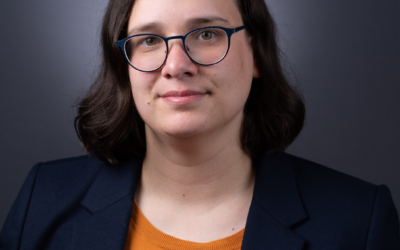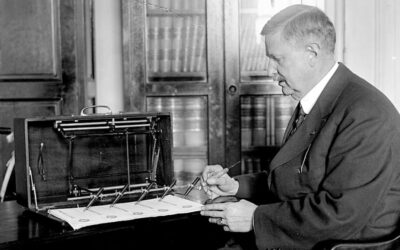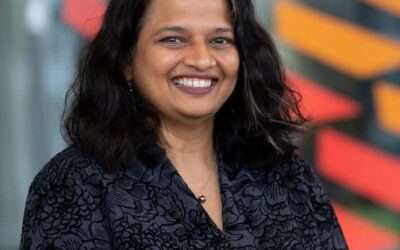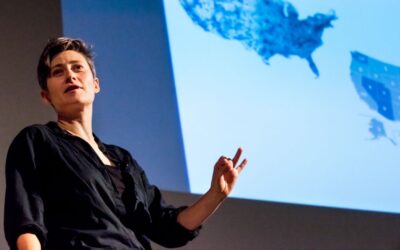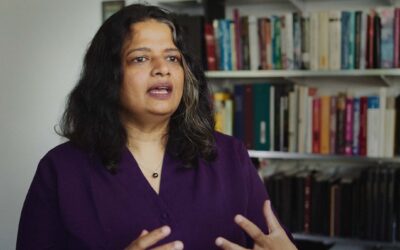Cornell AI News
Want your news listed here? Email us.
Filter by Topic
Physicists detect elusive ‘Bragg glass’ phase with machine learning tool
The discovery settles a long-standing question of whether this almost–but not quite–ordered state of Bragg glass can exist in real materials.
Cornell joins federal AI Safety Institute Consortium
Cornell’s participation in the U.S. Commerce Department initiative will help advance development and deployment of safe and trustworthy artificial intelligence technology.
Gili Vidan talks with the AP about Meta’s plans to label AI-generated images
Gili Vidan talks with the AP about Meta’s plans to label AI-generated images
Autopen shows perils of automation in communications
In a new analysis, Cornell researchers examined three autopen controversies to see what they reveal about when it is OK – and not OK – to automate communication.
Bala delivers keynote at higher ed symposium on generative AI
Dean Kavita Bala, and lead dean for the Cornell AI Initiative, recently delivered the keynote at a Harvard/MIT Symposium exploring excitement, potential challenges to STEM education, research.
How math can improve fairness in elections, redistricting
A mathematician who has advised states and litigants on redistricting legislation will explore in a Feb. 5 lecture whether race-blind, computational approaches to law and policy can improve fairness.
Artificial Intelligence and Free Expression
Cornell faculty from across colleges and campuses explore the challenges new technologies bring.
Cornell, partners to supercharge NYS microchip industry
A consortium organized by Cornell and four other New York-based leaders in semiconductor research and development has been awarded $40 million by the U.S. Department of Defense to advance microelectronics innovation and manufacturing.



